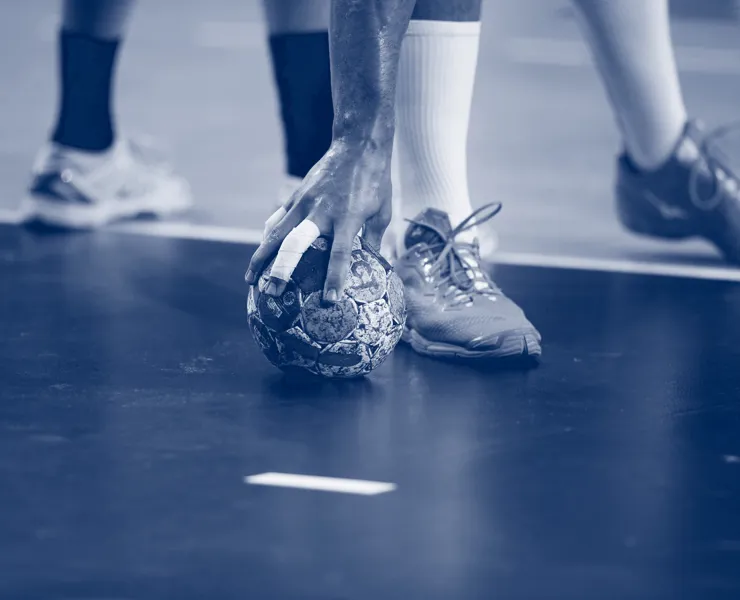There are so many matches I still do not remember. I had to rewatch them to remember what was happening on the court. Euphoria was in the air. The club, Skopje, and the whole country were living for those matches.
In that historic 2001/02 season, FTC Herz Budapest was our opponent in the final. The first match was played in Hungary and we lost by only two goals (27:25). We knew we played well and we can do even better in the second match.
The rematch was set for 19 May 2002, a day we all will remember. People were on the streets a few hours before the match, our arena Kale was full, and you could really feel the love of the fans.
North Macedonia is a special country, a country that loves sport and athletes and values success. It is a feeling I wish every athlete could experience at least once. Zoran used to tell me that I even do not know what my name is when I enter the court. You could feel the atmosphere and blast of energy, you felt like you were flying.
I still remember driving to the Kale Arena. The whole city was calm before the storm, we really felt like something is about to erupt in the city. We entered the court holding hands overwhelmed by the atmosphere. Just thinking about the feelings of that day, still brings such powerful emotions in me.
The same emotions we relived with the national team. I took citizenship in 1997 and was part of North Macedonia's biggest sporting success. However, my senior national team career started back in time when I played in Novi Sad as I got an invitation from Yugoslavia national team. I played 100 matches for Yugoslavia and to this day, my biggest regret is not going to the Olympic Games in 1992. That is the only thing left that I have not achieved as a player.
I was only 21 at the time and I tried to learn as much from them, absorb knowledge and tricks on the court. I really believe we would had great success at those Olympic Games. We were preparing for three months, we were living for it and a few days before travel, they told us all team sports from Yugoslavia are under sanctions and now are banned from competition.
At the time, I didn't realise the impact it had especially on older, experienced players who were in their prime. It came as a shock to us. 30 years later, I'm still sad that we didn't go























